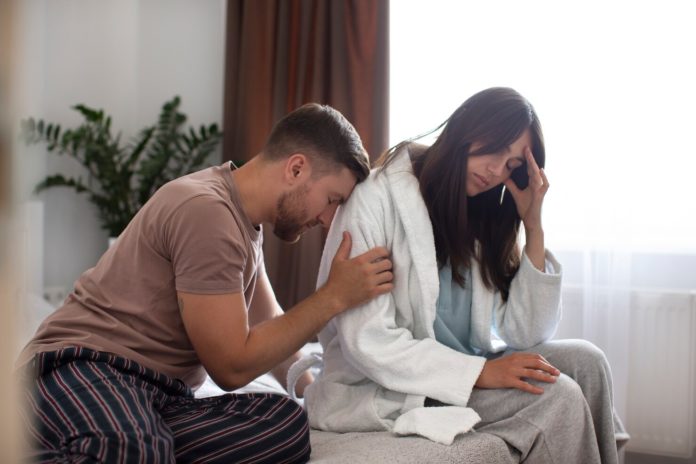Sexually transmitted diseases are a growing problem worldwide, especially in the United States. However, the good news is that they are preventable. There are a number of things you can do to reduce your risk of getting an STD.
From educating yourself to getting vaccinated, there are many things you can do to prevent STDs without spending too much on treatment. In this article, we’ll explore some of the most practical ways you can follow to prevent STDs.
1. Educate Yourself
Similar to prevention, education is better than cure. To date, there are many myths and misconceptions about STDs, so it’s important to get the facts straight and get yourself educated about the risk factors and prevention of STDs. Once you know the facts, you can make informed decisions about your sexual health.
Also, it is essential to know how STDs are transmitted and what you can do to reduce the risk of getting them. You can either go online to research the types of STDs and their mode of transmission, or you can consult your primary healthcare provider to have a discussion on the topic.
2. Limit Your Number of Sexual Partners
The most important and sensitive thing in preventing STDs is to limit the number of sexual relationships you have. This is because the more sexual partners you have, the more likely you are to contract an STD. Unfortunately, if you have got one and are hesitating to go to the doctor, you can learn how to cure STD without going to the doctor.
This education will help you practice healthy and safe ways to prevent yourself from further damage caused by the diseases you’ve caught.
The main thing still remains the same. If you’re sexually active, make sure to practice safe sex and limit your number of partners. It’s the best way to protect yourself and your sexual health.
3. Get Vaccinated
There are a lot of vaccinations out there that help protect us from all diseases included in the STIs (Sexually Transmitted Infections). That’s right – there are vaccinations for both HPV and Hepatitis B, two of the most common STDs.
Getting vaccinated is one of the most important things you can do to prevent STDs. And it’s not just you that you’re protecting. Getting vaccinated can also help protect your sexual partners from getting STDs. You can either get vaccinated by your healthcare provider or consult a specialist to get the vaccine that best suits your health condition.
In either condition, be sure to ask them about the type of vaccine available, so you can get the one that’s right for your underlying health conditions.
4. Don’t Use Drugs or Alcohol
Drugs and alcohol can impair your judgment and make you more likely to engage in risky sexual behaviors. If you do use drugs or alcohol, be sure to use them in moderation and always practice safe sex.
Moreover, people who are chain smokers or heavy drinkers are more likely to get engaged in multiple sexual relationships, which can eventually lead to an increased risk of getting STDs and HIV transmission.
5. Use Condoms
Condoms are made to protect you and your partner from getting infectious diseases, and that also includes STDs as well. If you are sexually active, you should always use condoms during sex. As weird as it may sound, it is also advised to use condoms if you are sharing sex toys with someone.
However, if you are not sure how to use condoms, both for males and females, you can get more information from your healthcare provider, local family planning clinic, or from credible online platforms.
6. Avoid Contact with Infected Areas
While there are many different STDs, they all have one thing in common: they are transmitted through contact with infected areas. By avoiding contact with these areas, you can greatly reduce your risk of becoming infected.
This means abstaining from sexual contact and using barrier methods like condoms and dental dams. If you do have contact with an infected area, it’s important to clean the area with soap and water as soon as possible. You should also see a healthcare provider as soon as possible to get tested and start treatment if necessary.
7. Get Regular Checkups
If you have a sexual partner and are engaged in sexual activity, it is best to get regular checkups from your healthcare provider. Make sure to find a reliable and qualified doctor and get tested regularly. That way, if you do contract an STD, you can catch it early and get treated before it does serious damage.
While there’s no guarantee that you’ll never contract an STD, getting regular checkups is the best way to reduce your risk. It is advised to get tested for STDs every 3 to 6 months to avoid any health risks down the road.


